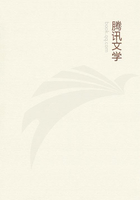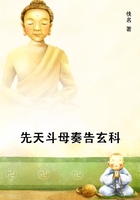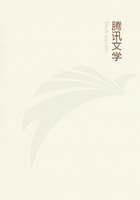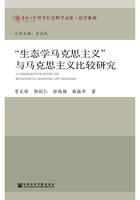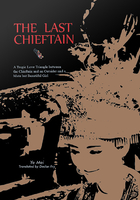There have been instances of persons, exposed to all the horrors of famine, where one has determined to perish by that slowest and most humiliating of all the modes of animal destruction, that another, dearer to him than life itself, might, if possible, be preserved.
What is the true explanation of these determinations of the human will? Is it, that the person, thus consigning himself to death, loved nothing but himself, regarded only the pleasure he might reap, or the uneasiness he was eager to avoid? Or, is it, that he had arrived at the exalted point of self-oblivion, and that his whole soul was penetrated and ingrossed with the love of those for whom he conceived so exalted a partiality?
This sentiment so truly forms a part of our nature, that a multitude of absurd practices, and a multitude of heart-rending fables, have been founded upon the consciousness of man in different ages and nations, that these modes of thinking form a constituent part of our common existence. In India there was found a woman, whose love to the deceased partner of her soul was so overwhelming, that she resolved voluntarily to perish on his funeral pile. And this example became so fascinating and admirable, that, by insensible degrees, it grew into a national custom with the Hindoos, that, by a sort of voluntary constraint, the widows of all men of a certain caste, should consign themselves to the flames with the dead bodies of their husbands.
The story of Zopyrus cutting off his nose and ears, and of Curtius leaping into the gulph, may be fictitious: but it was the consciousness of those by whom these narratives were written that they drew their materials from the mighty store-house of the heart of man, that prompted them to record them. The institutions of clientship and clans, so extensively diffused in different ages of the world, rests upon this characteristic of our nature, that multitudes of men may be trained and educated so, as to hold their existence at no price, when the life of the individual they were taught unlimitedly to reverence might be preserved, or might be defended at the risk of their destruction.
The principal circumstance that divides our feelings for others from our feelings for ourselves, and that gives, to satirical observers, and superficial thinkers, an air of exclusive selfishness to the human mind, lies in this, that we can fly from others, but cannot fly from ourselves. While I am sitting by the bed-side of the sufferer, while I am listening to the tale of his woes, there is comparatively but a slight line of demarcation, whether they are his sorrows or my own. My sympathy is vehemently excited towards him, and I feel his twinges and anguish in a most painful degree. But I can quit his apartment and the house in which he dwells, can go out in the fields, and feel the fresh air of heaven fanning my hair, and playing upon my cheeks. This is at first but a very imperfect relief. His image follows me; I cannot forget what I have heard and seen; I even reproach myself for the mitigation I involuntarily experience.
But man is the creature of his senses. I am every moment further removed, both in time and place, from the object that distressed me. There he still lies upon the bed of agony: but the sound of his complaint, and the sight of all that expresses his suffering, are no longer before me. A short experience of human life convinces us that we have this remedy always at hand ["I am unhappy, only while I please"[24]; and we soon come therefore to anticipate the cure, and so, even while we are in the presence of the sufferer, to feel that he and ourselves are not perfectly one.
[24] Douglas.
But with our own distempers and adversities it is altogether different. It is this that barbs the arrow. We may change the place of our local existence; but we cannot go away from ourselves. With chariots, and embarking ourselves on board of ships, we may seek to escape from the enemy. But grief and apprehension enter the vessel along with us; and, when we mount on horseback, the discontent that specially annoyed us, gets up behind, and clings to our sides with a hold never to be loosened[25].
[25] Horace.
Is it then indeed a proof of selfishness, that we are in a greater or less degree relieved from the anguish we endured for our friend, when other objects occupy us, and we are no longer the witnesses of his sufferings? If this were true, the same argument would irresistibly prove, that we are the most generous of imaginable beings, the most disregardful of whatever relates to ourselves. Is it not the first ejaculation of the miserable, "Oh, that I could fly from myself? Oh, for a thick, substantial sleep!" What the desperate man hates is his own identity. But he knows that, if for a few moments he loses himself in forgetfulness, he will presently awake to all that distracted him. He knows that he must act his part to the end, and drink the bitter cup to the dregs. He can do none of these things by proxy. It is the consciousness of the indubitable future, from which we can never be divorced, that gives to our present calamity its most fearful empire. Were it not for this great line of distinction, there are many that would feel not less for their friend than for themselves. But they are aware, that his ruin will not make them beggars, his mortal disease will not bring them to the tomb, and that, when he is dead, they may yet be reserved for many years of health, of consciousness and vigour.
The language of the hypothesis of self-love was well adapted to the courtiers of the reign of Louis the Fourteenth. The language of disinterestedness was adapted to the ancient republicans in the purest times of Sparta and Rome.

